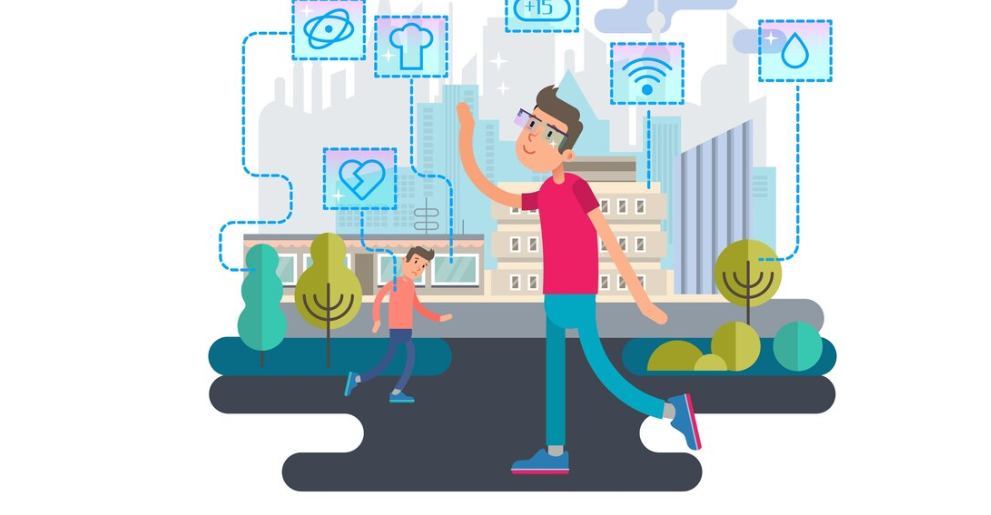Cookies have long been the silent observers of our digital lives—tiny data packets tucked into our browsers, quietly logging what we like, click, or search. But as artificial intelligence matures and predictive modeling grows more sophisticated, a new kind of cookie is emerging: the ChronoCookie.
Unlike traditional cookies that track your past behavior, ChronoCookies anticipate your future. They don’t just remember who you are—they predict who you’re going to become.
Welcome to the era of forward-facing surveillance.
What Are ChronoCookies?
ChronoCookies are an advanced class of browser tracking tools powered by predictive AI models. They monitor your real-time behavior—your scroll patterns, hesitation time on links, typing rhythm, and even cursor movements—to build probabilistic forecasts of your next choices, moods, or even life decisions.
While traditional cookies ask:
“What did this user look at yesterday?”
ChronoCookies ask:
“What will this user likely do tomorrow, next week, or next year?”
These cookies evolve as you do, updating constantly to reflect the shifting probabilities of your digital destiny.
How They Work
ChronoCookies are built on a mix of:
- Behavioral Time-Series Models: To detect daily, weekly, and seasonal habits.
- Emotional Trend Analysis: Using micro-interactions to assess mental states.
- Social Vectoring: Analyzing your network to see which influences you’re most susceptible to.
- Scenario Engines: Generating future user profiles based on small changes in behavior (e.g., watching one more fitness video, or clicking on a parenting blog).
Over time, your browser stops being a portal to the internet and becomes a mirror of your probable futures.
Use Cases: Convenience or Control?
ChronoCookies aren’t just theoretical—they’re being tested in areas like:
- Pre-emptive e-commerce: Recommending products you’ll want before you search for them.
- Content nudging: Promoting news or videos aligned with your future interests rather than current ones.
- Health monitoring: Predicting early signs of burnout or illness based on digital behavior.
- Relationship forecasting: Anticipating changes in your social patterns and nudging you toward reconnection—or disengagement.
At first glance, this may seem helpful. But the ethical lines blur quickly.
The Dark Side of Knowing Too Soon
If your browser knows what you’re likely to do before you do it, does that knowledge shape your decision? Does a predicted behavior become a self-fulfilling prophecy?
ChronoCookies raise serious concerns:
- Manipulation risk: If your predicted vulnerability window is 3 days from now, will advertisers strike then?
- Loss of spontaneity: Are you still choosing freely, or just selecting from predicted paths?
- Privacy inversion: You’re not just being observed—you’re being simulated.
And perhaps the most chilling possibility:
What happens if your browser thinks you’re about to commit a crime, end a relationship, or quit your job?
Do systems act preemptively? Do you get flagged, slowed down, or re-routed?
Opting Out of Tomorrow
Unlike traditional cookies, ChronoCookies aren’t just cleared with a click. They’re predictive memory. Opting out means erasing not only what you’ve done—but what systems believe you might do.
This challenges our notion of digital autonomy. In a world of ChronoCookies, your browser holds a version of you that might be more accurate than your current self-image. How do you delete a future?
Rethinking Consent in Predictive Space
Consent becomes a moving target. You may have agreed to behavioral tracking in the past—but did you consent to forecasted behavior modeling? Did you authorize your future to be monetized?
A new ethics framework is needed—one that treats predictions as private data, not just byproducts of analytics.
Conclusion: The Browser as Oracle
The line between personalization and prediction is fading. With ChronoCookies, your browser doesn’t just follow your trail—it leads you forward.
In this new paradigm, we must ask:
Are we being helped… or herded?
When your browser knows your future habits, freedom becomes entangled with foresight. And in the name of convenience, we may be selling not just our data—but our destiny.


